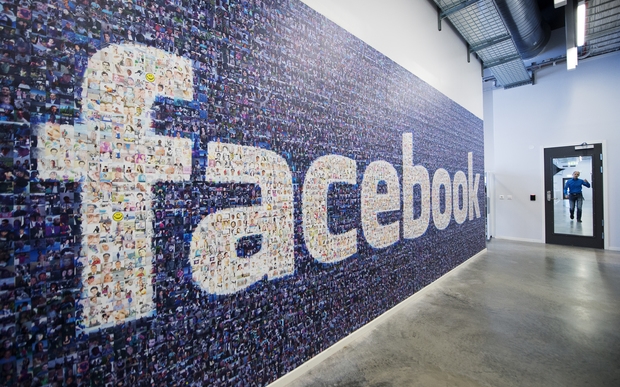The importance of Pacific news on Facebook was thrown into sharp relief by the stand-off in January between the Australian government and Facebook over the government’s media code.
Facebook closed access to Pacific and Australian news and stopped users from sharing Pacific and Australian news. For a time, Australians were unable to access any news, including news from weather bureau, hospitals, emergency services, charities and schools.
The code, which Facebook and Google earlier said was “unworkable”, has established a framework which will see the tech giants to enter a binding arbitration process with Australian media outlets, so they can be paid for use of their news content.
After a week-long stand-off, Facebook backed down, restoring news pages and the ability of users to repost news. Facebook’s vice president of public affairs, Nick Clegg, conceded the company had “erred on the side of over-enforcement”.
As part of the backdown, Australian Treasurer, Josh Frydenberg, agreed to take into account whether Facebook has already struck commercial agreements with news publishers before enforcing the code.
The founder of The Pacific Newsroom Facebook channel, Sue Ahearn, told Pacific Business that the compromise struck by the Australian government and Facebook looks like a win for traditional big media at the expense of newer, innovative outlets.
She says it’s too early to tell if the latest deal will have an impact on The Pacific Newsroom.
The site is an aggregation of the best news in the world about the Pacific – from newspapers, national broadcasters like the SIBC, Radio NZ Pacific, and NBC, Pacific bloggers, and development sites including DevPolicy and Lowy. *
“The Pacific Newsroom has become the town square of the Pacific where people can share stories,” says Ahearn.
“Our audience is just over 20,000 and there’s a steady number of new members every day.
On the first day of Facebook’s ban, the audience responded in their hundreds from the region and across the world, Fijians in South Sudan and Afghanistan, seasonal workers in Australia and Tongans in Utah, ‘all hungry for news’.
Amanda Watson, an expert on digital technology in the Pacific at the Australian National University, says that for many Pacific Islanders, Facebook is the internet.
“Those who have worked out how to use Facebook may not know how to go to a website or use a search engine.”
She told The Diplomat that one of the major issues is that Pacific telecom companies offer Facebook as a cheaper data pack.
“For example, Our Telekom in Solomon Islands sells Facebook data cheaper than other data. In Papua New Guinea, Digicel has a 3-day data option for PGK10 that includes 300MB of data for general use plus 700MB for Facebook. Similarly, a 7-day option is PGK20 for 600MB plus 2000MB (2GB) of Facebook data.
There are varied figures for the percentage of population on Facebook. It’s highest In French Polynesia 59%, Tonga 49%, and Cook Islands 49% and lowest in PNG 7%, Kiribati 25% and Solomon Islands 11%.
“I started the Pacific Newsroom three years ago and Auckland-based Michael Field and I work as volunteers,” said Ahern.
“We share a commitment to public interest journalism. I could see technology was changing the speed of communication rapidly in the region and there was a void left by the ABC where I’d worked for 25 years. A senior executive told me there was no one in the Pacific and the audience was in India and China. I hope I’ve proved him wrong.”
“In the absence of accurate, trusted and timely information, rumour, speculation and innuendo fill the vacuum. I’ve seen this so many times in the Pacific,” says Ahearn.
*Islands Business articles also appear on The Pacific Newsroom
